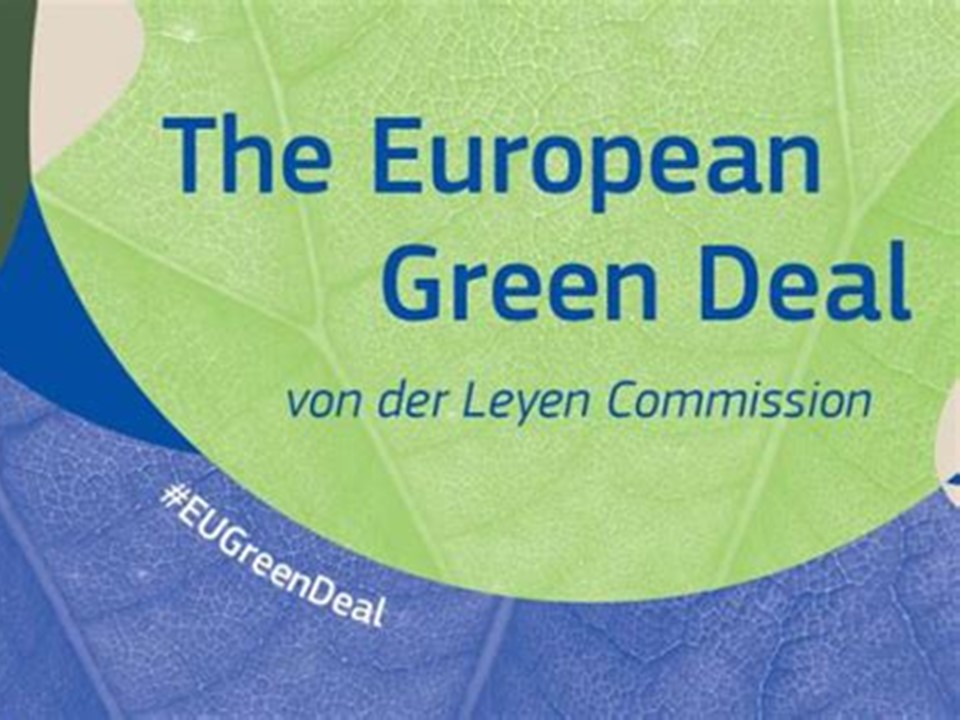The new EU-Africa partnership should focus on strengthening African governments and working with them on their renewable energy strategies, argues Jesse Salah Ovadia. The associate professor at the University of Windsor, Canada, and author of ‚The Petro-Developmental State in Africa‘, says that the signing in April of a new EU-OACPS Partnership Agreement (sometimes called Cotonou 2.0 or the post-Cotonou agreement) has renewed debate around the nature of the EU’s partnership with Africa – particularly around climate change, the environment, and sustainable development, which are a new area of cooperation prioritized by the agreement. The green transition and the transition to renewable energy, in particular, can be an engine of post-COVID-19 recovery in both Europe and Africa, the President of the European Commission, Ursula von der Leyen, has argued, calling it „the biggest economic opportunity of our times“.
Yet, across Africa, there is growing concern that the post-Cotonou agreement fails to recognize the intra-Africa Free Trade Agreement (AfCFTA) as the framework within which the African Union articulates its policies to promote economic growth and sustainable development. In not recognizing AfCFTA, it may be the EU that ends up losing out on an opportunity. The success of the plan to use renewables to promote energy security in Africa relies on private investment – but in the history of development and of the EU’s partnership with the continent, this has been a recipe for disaster. With Cotonou 2.0, there is a chance to choose a different model than the one that has failed in the past, by balancing investment promotion with strengthening industrial policy and the national agencies involved in its implementation.
In describing Africa’s green energy transition as an opportunity for Europe, there is a need to question for whom new opportunities exist, who is being left out, and how economic transformation can foster genuine diversification and inclusive sustainable growth. In turn, sustainability and green investment from Europe cannot be based on the historical pattern of domination and extraction. To break the mould, the new EU-Africa partnership should focus on strengthening African governments and working with them on their renewable energy strategies. The role of the state should be to maximize the potential for industrial development and green jobs. A partnership with Europe would therefore involve European support for African green new deals on African terms and private investment that is directed by, and conforms to, the national development strategies and industrial policies of African states.




